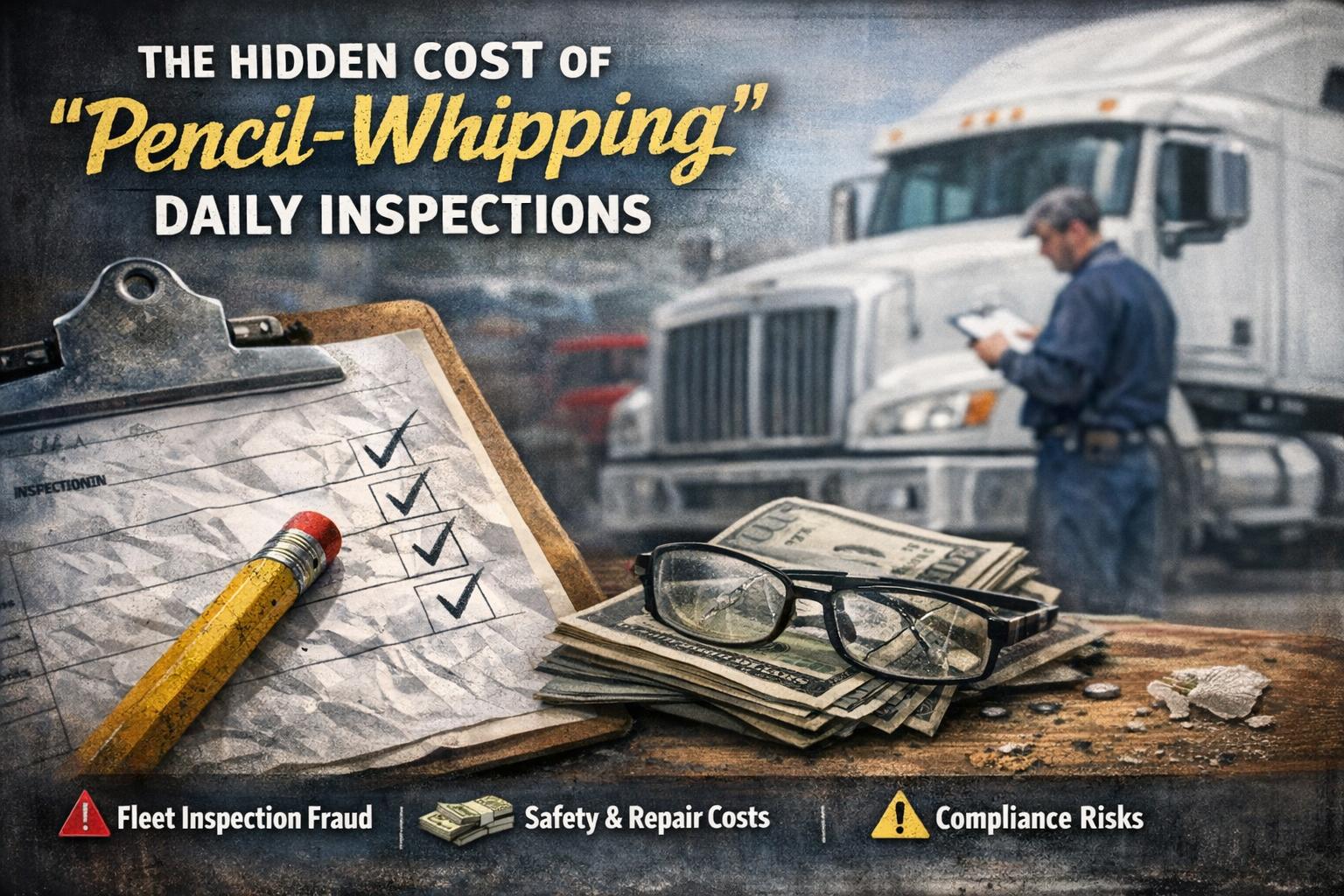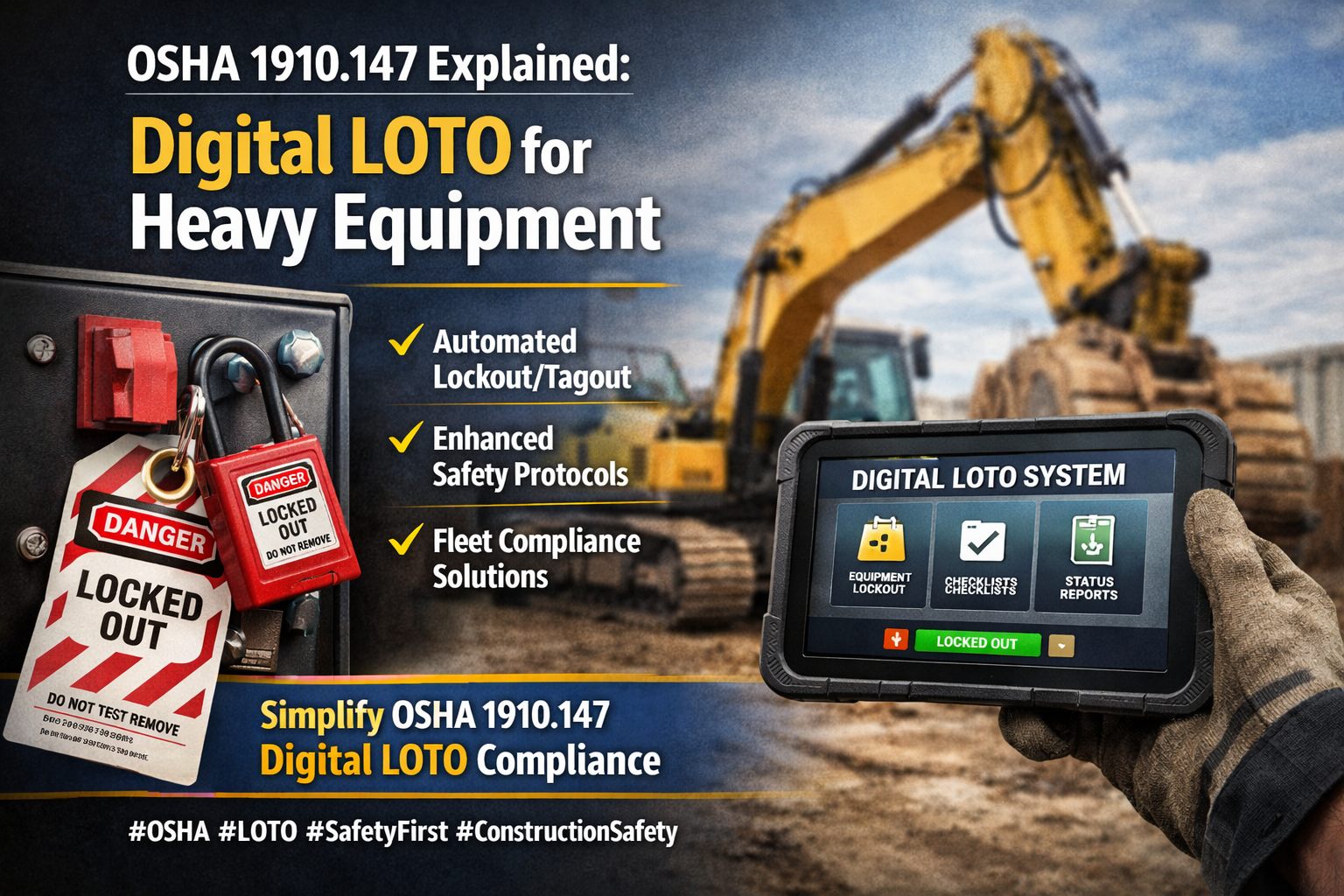0W-20 synthetic oil represents the pinnacle of modern lubrication technology, delivering exceptional engine protection and fuel economy benefits that can save fleet operators $2,500-$8,500 annually per vehicle through enhanced efficiency and extended component life. With over 75% of new vehicles now requiring low-viscosity oils like 0W-20, understanding the performance advantages and proper application of these advanced lubricants has become essential for maximizing operational efficiency and minimizing total cost of ownership.
This comprehensive 0W-20 synthetic oil guide reveals how premium synthetic formulations reduce engine wear by 47%, improve fuel efficiency by 3-7%, and extend drain intervals by 65% while providing superior cold-weather protection and temperature stability. More importantly, it demonstrates how strategic oil selection and maintenance protocols can transform fleet operations through reduced downtime, lower maintenance costs, and enhanced equipment reliability across diverse operating conditions.
Annual Fleet Performance Impact
Ready to Optimize Your Fleet's Oil Performance?
Discover proven oil management strategies that unlock significant cost savings and operational efficiency.
Understanding 0W-20 Synthetic Oil: Advanced Technology and Performance Benefits
0W-20 synthetic oil represents a breakthrough in lubrication technology, engineered with molecular-level precision to deliver exceptional performance across extreme temperature ranges while providing superior engine protection and fuel economy benefits. The "0W" designation indicates the oil's ability to flow at temperatures as low as -40°F, ensuring instant lubrication during cold starts, while the "20" weight provides optimal protection and efficiency at operating temperatures.
Modern synthetic base stocks and advanced additive packages in 0W-20 formulations create a lubricant that outperforms conventional oils in every measurable category: wear protection, thermal stability, oxidation resistance, and fuel economy improvement. These performance advantages translate directly into operational benefits including reduced maintenance costs, extended component life, and improved fuel efficiency that can save thousands of dollars annually per vehicle.
Premium 0W-20 Synthetic Oil Brand Analysis and Performance Comparison
The 0W-20 synthetic oil market features several premium formulations, each engineered with specific performance characteristics and additive packages designed to maximize protection and efficiency. Understanding the differences between leading brands enables informed selection based on specific operational requirements, climate conditions, and equipment manufacturer recommendations.
Performance testing and real-world applications demonstrate measurable differences in wear protection, fuel economy improvement, and thermal stability between premium synthetic formulations. These variations can impact total cost of ownership by $1,500-$4,200 annually per vehicle through differences in protection levels, drain interval capabilities, and fuel efficiency gains.
- ✓ Mobil 1 Advanced Full Synthetic: Superior wear protection with advanced cleaning agents, 15,000-mile capability, and proven fuel economy improvement of 2-4% across diverse vehicle types
- ✓ Castrol GTX Magnatec: Intelligent molecules provide instant protection during warm-up, reducing wear by 50% during critical start-up phase with enhanced thermal stability
- ✓ Valvoline MaxLife: Formulated for high-mileage vehicles with seal conditioners and reduced oil burn-off, extending component life by 40% in vehicles over 100,000 miles
- ✓ Royal Purple HPS: Enhanced additive package with superior extreme pressure protection, ideal for performance applications and severe service conditions
- ✓ Pennzoil Platinum: Gas-to-liquid technology creates pure base stocks with exceptional thermal stability and oxidation resistance for maximum protection
- ✓ Shell Rotella Gas Truck: Heavy-duty formulation designed for pickup trucks and commercial vehicles requiring enhanced protection under severe operating conditions
Implementation Strategy for Fleet-Wide 0W-20 Adoption
Successful transition to 0W-20 synthetic oil requires systematic implementation that addresses compatibility verification, drain interval optimization, and performance monitoring to maximize benefits while minimizing operational disruption. The recommended approach spans 6-12 months with priority given to vehicles showing the highest fuel consumption and maintenance costs.
Investment in quality 0W-20 synthetic oil formulations and proper implementation procedures provides immediate protection against engine wear while delivering long-term cost savings through improved efficiency and extended component life. Total cost of ownership calculations demonstrate payback periods of 8-15 months through reduced fuel consumption, extended drain intervals, and decreased maintenance requirements.
- ✓ Manufacturer specification verification ensuring 0W-20 compatibility with $2,500 investment in oil analysis and testing equipment
- ✓ Baseline fuel economy measurement and wear pattern analysis using $1,200 diagnostic equipment for performance comparison
- ✓ Oil brand selection based on performance requirements and cost analysis with $450 sample testing investment
- ✓ Drain interval optimization planning and maintenance schedule integration
- ✓ Staff training on synthetic oil benefits and proper handling procedures
- ✓ Performance monitoring protocol development for ongoing optimization
- ✓ Deploy 0W-20 synthetic oil in 25% of fleet with $3,500-$6,800 initial oil investment per pilot group
- ✓ Implement extended drain intervals with oil analysis verification using $125 per sample testing
- ✓ Monitor fuel economy improvements and engine performance changes
- ✓ Document cost savings and operational improvements for full fleet justification
- ✓ Optimize maintenance procedures and inventory management systems
- ✓ Refine performance monitoring and reporting systems
Advanced Oil Analysis and Performance Monitoring Systems
Professional oil analysis programs enable data-driven optimization of 0W-20 synthetic oil performance through systematic monitoring of wear metals, contamination levels, and additive depletion. These analytical capabilities maximize drain intervals while ensuring optimal protection, typically extending service life by 65-85% over manufacturer recommendations.
Investment in comprehensive oil analysis technology provides quantifiable validation of synthetic oil benefits while identifying optimization opportunities that enhance performance and reduce costs. Real-time monitoring capabilities detect developing problems before they impact reliability, preventing engine damage that can cost $15,000-$35,000 per major repair.
- ✓ Wear Metal Analysis tracking iron, copper, aluminum, and chromium levels for component wear assessment
- ✓ Contamination Monitoring detecting fuel dilution, coolant intrusion, and particle contamination
- ✓ Additive Depletion Tracking monitoring antioxidants, dispersants, and friction modifiers
- ✓ Viscosity Stability Assessment ensuring optimal lubrication properties throughout service interval
- ✓ Oxidation and Thermal Breakdown Analysis for oil degradation assessment
- ✓ Predictive Failure Detection identifying potential problems before component damage occurs
Cost-Benefit Analysis and ROI Optimization Strategies
0W-20 synthetic oil implementation delivers measurable financial returns through multiple value streams including fuel economy improvement, extended drain intervals, reduced maintenance costs, and enhanced component longevity. Conservative analysis demonstrates 3-5x ROI within 18 months through operational efficiency gains and equipment protection benefits.
Fleet operators implementing premium 0W-20 synthetic oil programs typically achieve total savings of $2,500-$8,500 annually per vehicle through optimized lubrication performance. These benefits compound over time as engines accumulate mileage, with high-mileage vehicles showing the most dramatic improvements in reliability and cost reduction.
- ✓ Fuel Economy Savings averaging $750-$2,100 annually per vehicle through 3-7% efficiency improvement
- ✓ Extended Drain Intervals reducing oil change frequency by 65% for $480-$850 annual savings
- ✓ Reduced Engine Wear preventing $8,500-$15,000 rebuild costs through 47% wear reduction
- ✓ Component Life Extension adding 35-50% service life to critical engine components
- ✓ Warranty Protection maintaining coverage through manufacturer-approved formulations
- ✓ Resale Value Enhancement improving equipment value through documented maintenance programs
Environmental and Regulatory Compliance Benefits
0W-20 synthetic oil formulations support environmental compliance objectives through improved fuel efficiency that reduces emissions and extended drain intervals that minimize waste oil generation. EPA and CARB regulations increasingly favor low-viscosity oils that enhance fuel economy while providing adequate engine protection.
Corporate sustainability initiatives benefit significantly from 0W-20 synthetic oil adoption, with documented fuel economy improvements contributing to carbon footprint reduction goals. The 3-7% fuel efficiency gain translates to measurable emissions reductions that support environmental reporting and regulatory compliance objectives.
Maximizing Fleet Performance Through Strategic 0W-20 Implementation
The adoption of 0W-20 synthetic oil represents more than a maintenance decision—it's a strategic investment in fleet efficiency and equipment longevity that delivers measurable financial returns while supporting environmental objectives. The performance advantages of modern synthetic formulations enable operational improvements that extend far beyond basic lubrication requirements.
Fleet operators who embrace 0W-20 synthetic oil technology achieve documented improvements in fuel economy, equipment reliability, and maintenance cost optimization. Conservative estimates suggest annual savings of $2,500-$8,500 per vehicle through comprehensive synthetic oil programs, with immediate benefits visible within the first service interval.
The transportation industry's evolution toward efficiency and sustainability demands proactive adoption of proven technologies like 0W-20 synthetic oil. Fleet operators who implement these advanced lubricants today position themselves for continued success while avoiding the costly consequences of outdated maintenance approaches that compromise performance and profitability.
Transform Your Fleet's Oil Performance Strategy Today
Start implementing proven 0W-20 synthetic oil programs and join America's most successful fleet operators.
Book a Demo




